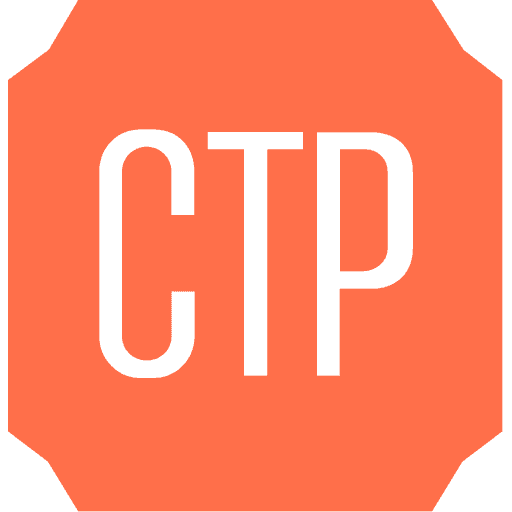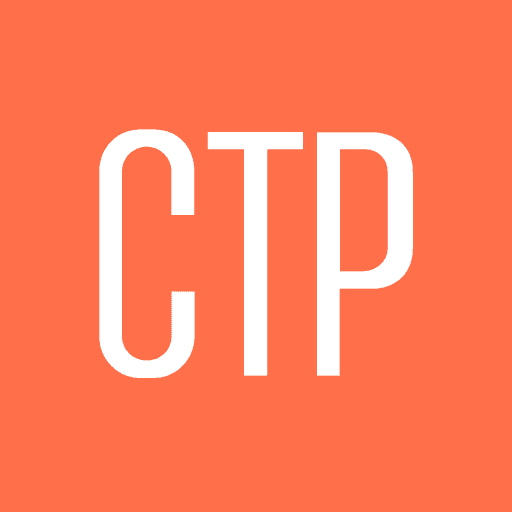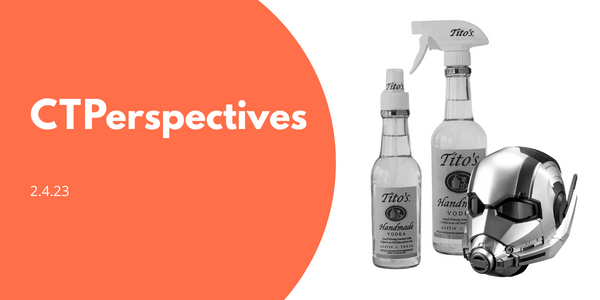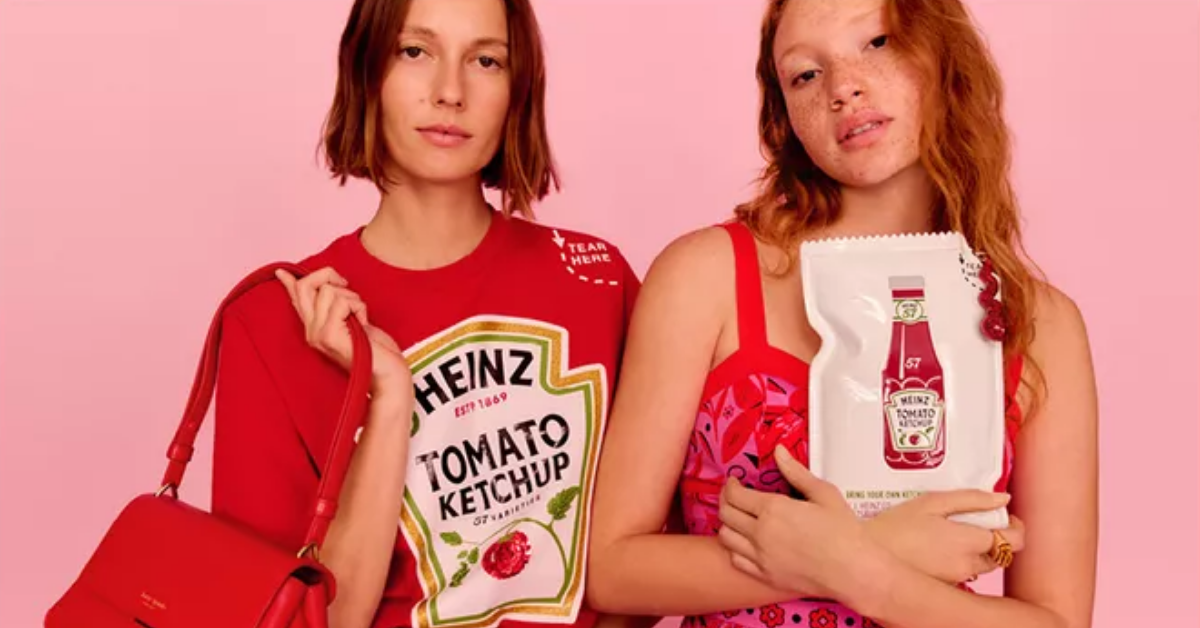You hear a lot about “Relationship Marketing,” consumers forming visceral partnerships and bonds with brands in the same way we do with other humans. We express powerful emotions toward the companies that fill essential niches in our lives and, as marketers, we throw around concepts like “affinity” and “loyalty” all the time. Our involvement with brands is deeply personal, driving right to the core of our need to connect with others.
The depth of this phenomenon became clear to me on a recent trip. One of my companions refused to get coffee at the airport and insisted we stop elsewhere. She was “breaking up with Starbucks.” I told her they were cute together, but she wasn’t kidding – she and Starbucks weren’t even talking. I’m just glad they didn’t have any kids.
It made me realize how alike the branding process, and specifically the all-important element of most modern brands, the online courtship, is to online dating. You have an endless supply of profiles to choose from to fill almost any desire or niche. The communications are rife with messages, images and distortions that must be corrected for and outright lies to watch out for.
I decided to test my hypothesis on an expert. My buddy David Evans is the editor of Online Dating Post, the insider blog for the online dating industry. He’s been blogging about the industry for over a decade, consults and advises leading industry brands and loves to work with online dating startups.
CTP: We think the way today’s consumer relates to brands is very similar to online dating. What lessons can brands take from the online dating world?
Dave: The first thing I tell everybody – companies, executives, individuals building online dating profiles – is to be authentic. I know everyone says it, but people tend to be bad at it. Sure, we all expect that people, brands, agencies are going to put their best foot forward. That’s fine, but a line is crossed when you deliberately mislead others. You can’t get away with it anymore online. People find out, they tell each other and you’re screwed. Not in a good way.
CTP: So besides “be yourself,” or “be the best version of yourself you can possibly be without crossing the line,” what else should people do?
Dave: Make it easy for others to talk to you. Set up the softballs. Humans bond through conversation, so if you’re trying to connect to people online, create interesting things to talk about. One woman insisted guys mention the Easter Bunny in the subject line of their emails to her. The idea was that it would separate those who’d actually read her profile from the dudes just messaging women based on appearance alone. But she was surprised to find it also invited a level of conversation that was amusing and a little bit “insider.” It allowed them to transcend some of the initial awkwardness that makes it hard to connect. So I really recommend people (and brands) set up good talking points not just for themselves, but for the people they want to attract. Set the stage.
CTP: One of the mantras in the agency world is that when you’re trying to attract new business, fail early. If it’s not going to be a good fit, don’t go through the whole process of pitching, spending a ton of cash and resources. I can imagine this is true for online dating as well.
Dave: I don’t care if you’re trying to attract a customer or a partner, you’re not doing yourself any favors by bringing in the wrong people. It’ll just end up causing you both trouble. The idea of casting a wide net and then selecting from the catch doesn’t work today. The Internet is a big place. That’s good news – there’s plenty of space for everyone, whatever your interests. Yoga? Leather? HR Pufnstuf cosplay? It’s all out there. Figure out whom you want and then put your effort into that person. Ignore everyone else.
CTP: Anything else to add?
Dave: Your profile it not just what you write on Match or OK Cupid. It’s your whole Internet presence. Once you actually start dating someone, your Facebook presence, Twitter profile, blogs, Spotify account, police reports are all up for grabs. Keep this in mind. If you say you like “all kinds of music” and on Spotify you have nothing but playlist after playlist of 80’s TV theme songs, the truth will emerge. If you say that you like “long walks on the beach” and all your tagged photos are of you in bars getting wasted, someone is going to wind up disappointed. And you’re not going to be happy either.
CTP: But your point is that somewhere out there is a nostalgic alcoholic for you.
Dave: Yes. And the Internet wishes you both eternal happiness.
So the main takeaways for brands:
- Your voice must be authentic
- Be self-aware: contextualize and define yourself
- Communicate and engage with your target audience, don’t talk at them
- Forget about those who aren’t a match for you, even if they seem attractive on some level




